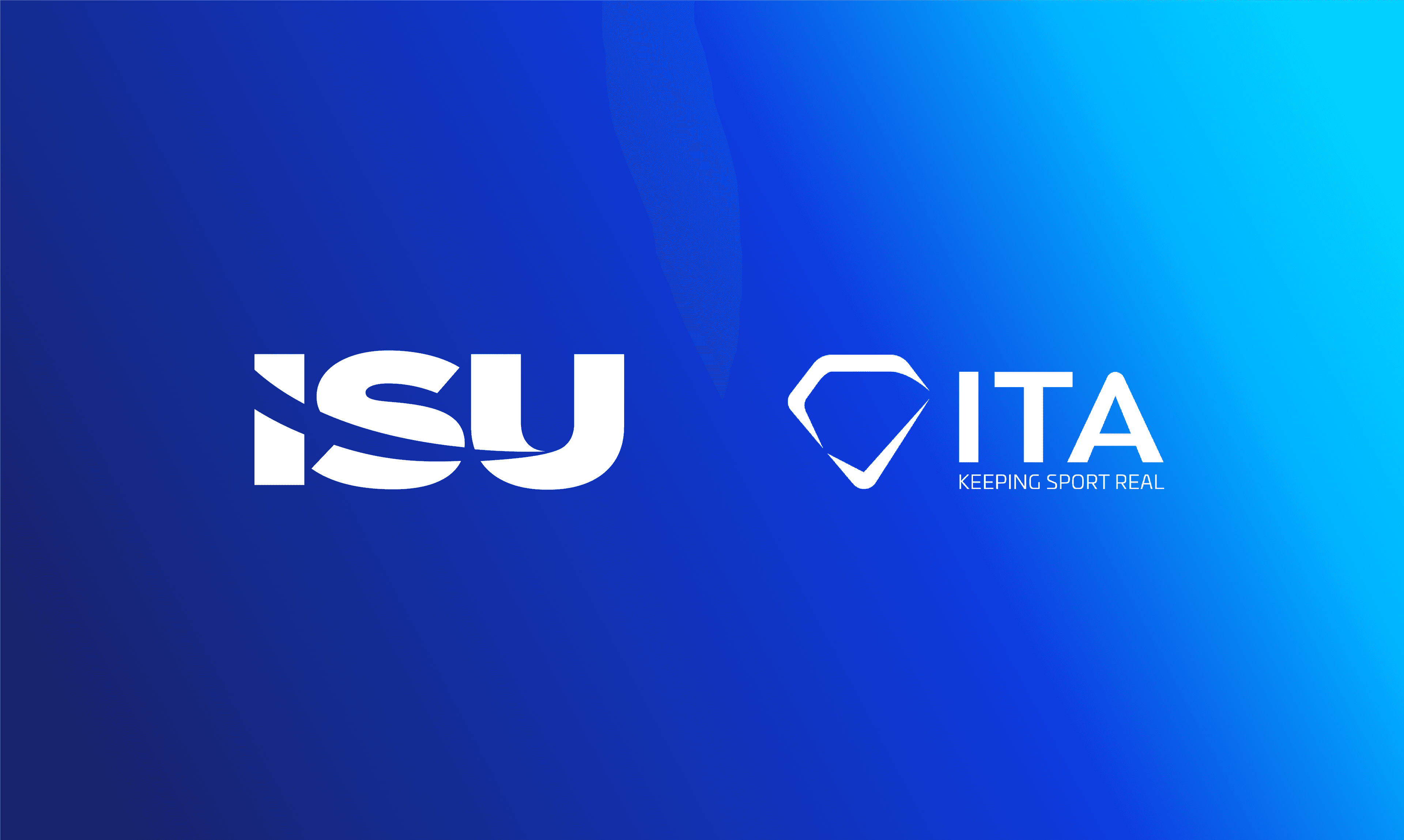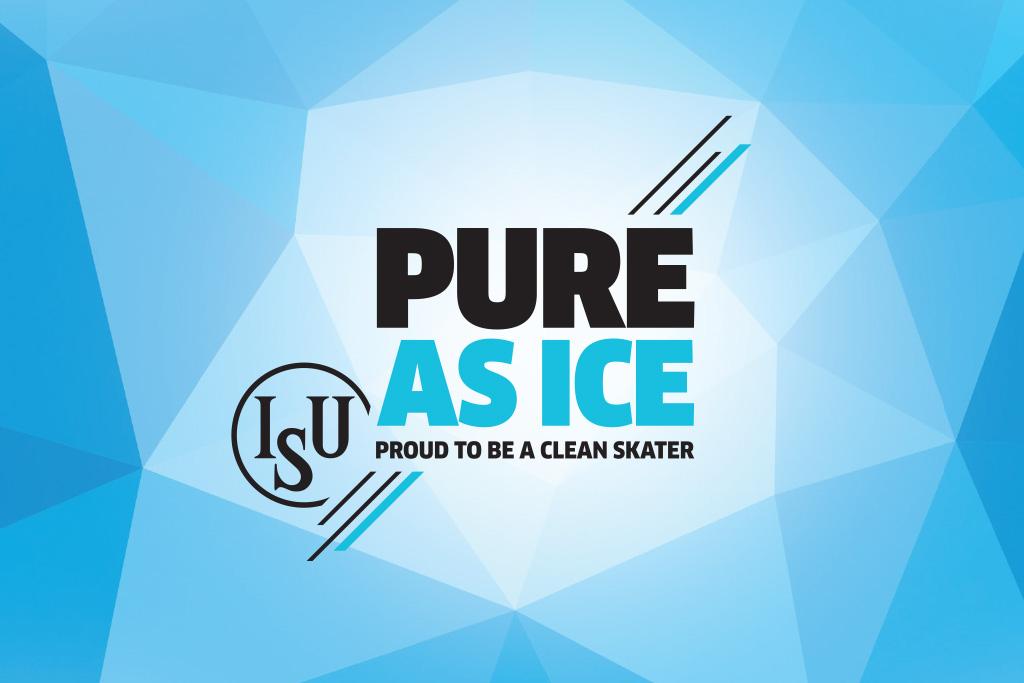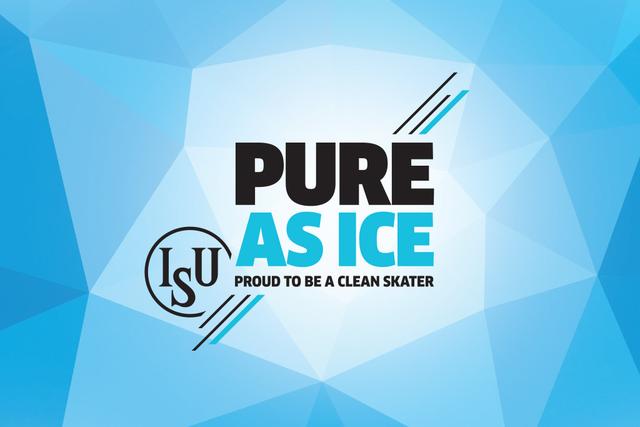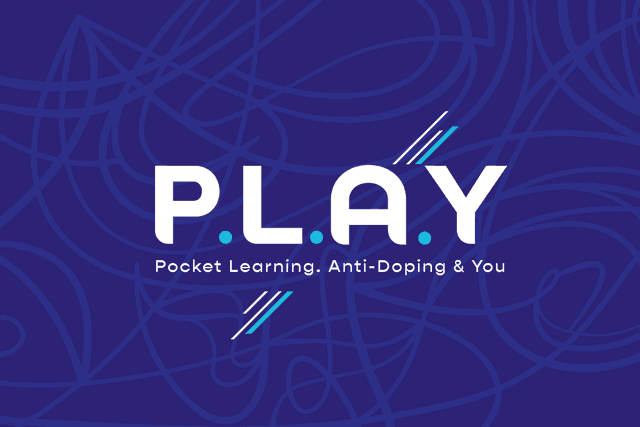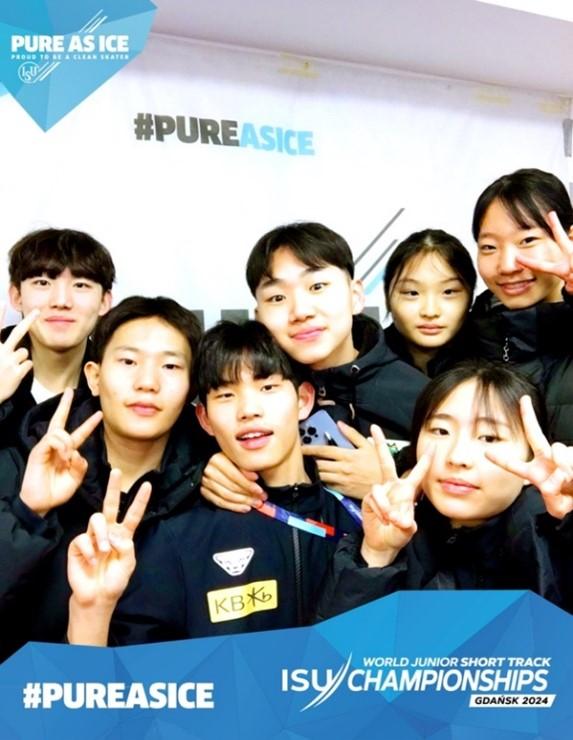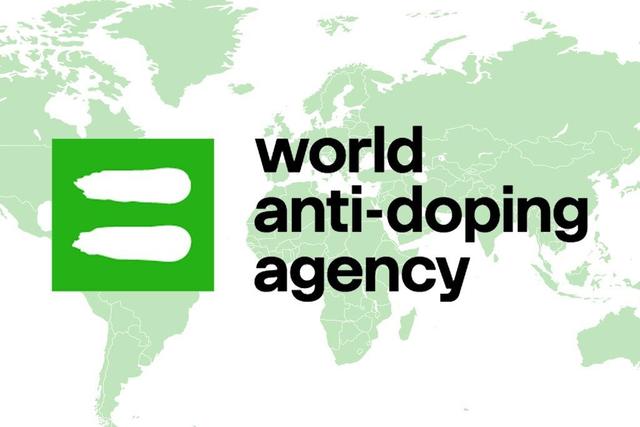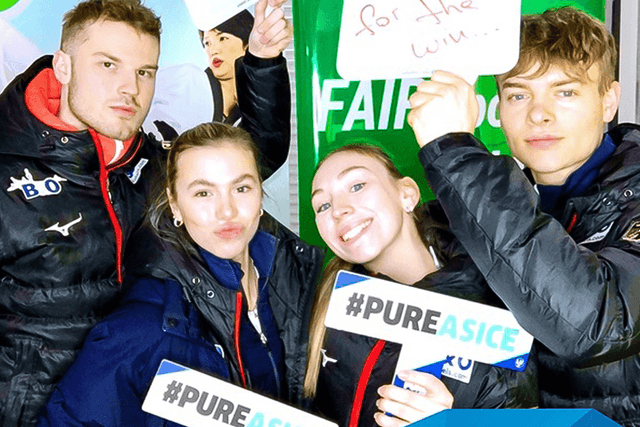Anti-Doping
The ISU partners with ITA to strengthen Anti-Doping Program starting July 2025
02 Jul 2025
The International Skating Union (ISU) announces a new partnership with the International Testing Agency (ITA), which will take over responsibility for overseeing the ISU’s Anti-Doping program starting in July 2025. This strategic collaboration marks a significant milestone in the ISU’s ongoing commitment to clean sport, skaters’ physical and mental well-being, and the highest standards of integrity across all disciplines, including Figure Skating, Speed Skating, Short Track, and Synchronized Skating.
By partnering with the ITA, the ISU will benefit from the agency’s independent expertise and proven track record in administering Anti-Doping programs. This will ensure continued compliance with the World Anti-Doping Code and alignment with international best practices.
Commitment to Clean Sport and Skaters’ Protection
As a cornerstone of the ISU Vision 2030, clean sport remains at the heart of the organization’s mission. This new agreement reinforces the ISU’s enduring commitment to fairness, skaters’ protection, and upholding the highest standards in sport. For decades, the ISU has led the way in the fight against doping, implementing innovative in-house Anti-Doping initiatives. In particular, the launch of the SAFE program in 1997, a precursor to the Haematological Athlete Biological Passport (ABP-H), which was officially introduced by WADA in 2009, and marked a significant milestone in Anti-Doping efforts.
Starting in July 2025, the ITA will assume operational responsibility for the ISU’s Anti-Doping Program. This includes overseeing all testing protocols in accordance with the World Anti-Doping Code and its associated international standards. The ITA will be responsible for risk-based test distribution planning and carry out both in-competition and out-of-competition testing for international-level skaters throughout the season and at major ISU events. Testing will be conducted by a network of ITA-accredited sample collection personnel, guided by a data-driven approach designed to maximize both the effectiveness and deterrent impact of the program.
ISU President Jae Youl Kim stated: “With a legacy spanning more than 50 years in Anti-Doping, the ISU has long been recognized as a pioneer in promoting clean sport and protecting athletes. From establishing one of the sport’s first in-house Anti-Doping programs to being an early adopter of the Athlete Biological Passport, the ISU has consistently demonstrated its commitment to securing a safe sport environment. Our partnership with the ITA marks a pivotal step forward, ensuring full independence, transparency, and global expertise in the delivery of our Anti-Doping program. As we prepare for the Olympic Winter Games Milano Cortina 2026, and continue to advance the ISU Vision 2030, we remain dedicated to upholding fairness and safeguarding the future of ice-skating sports.”
ITA Director General Benjamin Cohen commented: “We are honored to welcome the International Skating Union to the ITA’s global community of partners. Skating is a pillar of the Olympic Movement - captivating millions around the world with its unique blend of precision, power, and artistry. We recognize the ISU’s existing very robust Anti-Doping program built over the years by skilled professionals and committed experts. By joining forces with the ITA, the ISU is making a strong and meaningful statement: that integrity, good governance and clean sport are fundamental to the future of skating. We look forward to working hand in hand with the ISU’s experts and advisory bodies, and we commend its leadership for taking this decisive and forward-looking step.”
Next priorities of the collaboration
The first focus of the program will be to ensure that ISU skaters are clean for the Olympic Winter Games Milano Cortina 2026, strengthening the existing robust program and providing independent Anti-Doping measures on the road to the Games.
The ITA will also manage the ISU Athlete Biological Passport (ABP) program, which enables the longitudinal monitoring of selected biomarkers to identify potential doping over time. In parallel, Therapeutic Use Exemptions (TUEs) will be handled by ITA’s International Therapeutic Use Exemption Committee (iTUEC).
In the event of potential Anti-Doping rule violations, the ITA will manage all results proceedings independently, ensuring procedural fairness and full adherence to due process. The ITA’s Intelligence and Investigative (I&I) capacities, already in use by the ISU in recent seasons, will remain fully integrated into the ITA’s testing plan developed for the ISU.
Additionally, the ITA will implement, in close collaboration with ISU staff, a dedicated education program. This will include the creation of a multi-year education strategy, the delivery of customized activities such as webinars and in-person sessions at selected ISU events, and ongoing support for athletes and their teams. To assess the impact and reach of these efforts, monitoring and evaluation tools will be employed - reinforcing the role of values-based learning in clean sport and long-term athlete development.
Special Program for Russian and Belarusian Athletes
The ITA and the ISU have already concluded a separate agreement to implement a focused Olympic Anti-Doping program for eligible Individual Neutral Athletes (AIN) from Russia and Belarus, in view of their participation in the Olympic Winter Games Milano Cortina 2026. This program will ensure that these athletes are subject to rigorous, intelligence-driven testing conducted exclusively by independent sample collection personnel (read more here). All samples will be analyzed in WADA-accredited laboratories located outside of Russia. This approach underscores the ISU’s and ITA’s shared commitment to neutrality, transparency, and the integrity of the global Anti-Doping system.
Brief retrospective: ISU’s Legacy of Anti-Doping Leadership
The ISU has been a leader in Anti-Doping initiatives for over five decades, with significant milestones, including:
- 1972: Anti-Doping Rules applied to both Speed Skating and Figure Skating Championships.
- 1990: Authorization of random out-of-competition testing and stricter sanctions.
- 1997: Introduction by the ISU of voluntary blood testing, laying the foundation for the SAFE Program, which is a precursor of the Haematological Athlete Biological Passport (ABP-H).
- 2004: Achieving full compliance with the WADA Code.
- 2009: Formal launch of the Athlete Biological Passport for Haematological (ABP-H) monitoring by the World Anti-Doping Agency (WADA). Adoption by the ISU the same year.
- 2016: Implementation of the ISU Samples Long Term Storage and Re-analyse Policy.
- 2017: Launch of the “Pure as Ice - proud to be a clean skater” education program.
- 2019: WADA Compliance Audit Program successfully passed.
- 2022: Management of the Intelligence gathering and investigations delegated to the ITA I&I department and full integration into the Anti-Doping Program.
- 2023: Adoption of the Blood Steroid Module (ABP-BSP) and Endocrine modules (ABP-EP).
- 2024: Participation in the ITA project to improve the new Endocrine Module (ABP-EP) in a collective effort with several Anti-Doping organizations and international sports federations.
This new collaboration will come into effect in July 2025, with the ISU and ITA working closely to ensure a seamless transition and continued success of the Anti-Doping program.
